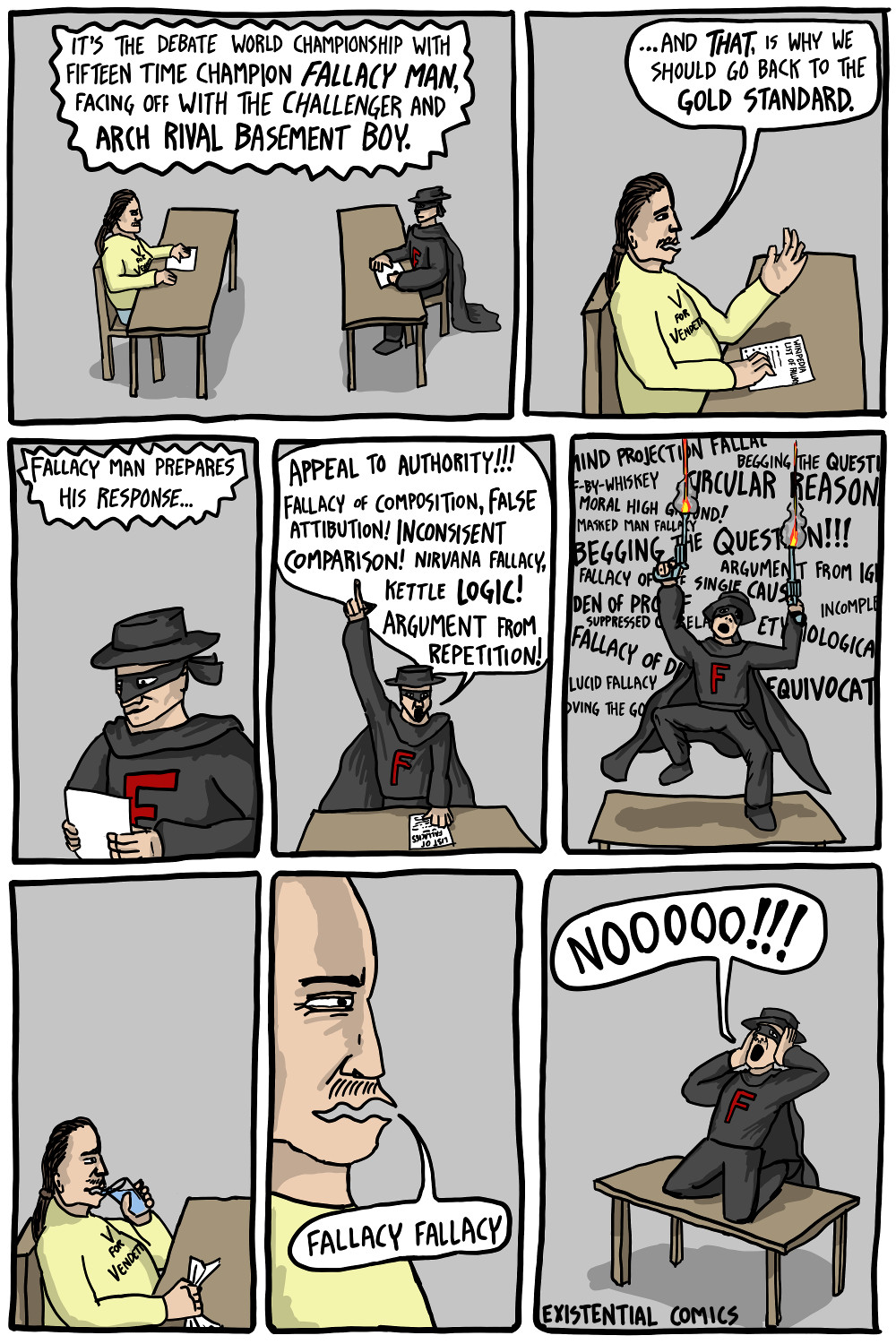It seems to me that some here don't exactly understand the underlying logic of affirmative action. Affirmative action starts from the premise that, all else being equal, every race would have about the same level of academic achievement on average, because intelligence is equivalent amongst races. I assume (hope) everyone can at least agree on that - after all, that same premise is why the Supreme Court just rejected affirmative action.
Okay, so every race should have relatively equal academic outcomes in a vacuum. But of course, in American reality, there are significant differences, with African Americans and Native Americans - the groups who faced the most significant forms of institutionalized racism - having the worst outcomes (Latinos also have lower academic outcomes and have faced racism, but not to the same extent, amongst other historical distinctions).
Hopefully those are two facts everyone can accept - race does not equate to innate intelligence, and African Americans and Native Americans have significantly worse academic outcomes than other races. Following that logic, the African American who achieves the relatively best academic outcomes, given their situation, likely has a similar level of innate intelligence to the white or Asian person who, in their situation, achieves the best outcomes.
Thus, the logic of affirmative action is that the highest achievers amongst races with overall lower academic outcomes are effectively equivalent to the highest achievers amongst races with higher academic outcomes. I think everyone, liberal or conservative, would agree that, in the absence of documented socioeconomic racial disparities, affirmative action would have no place in society. But given that those disparities do exist, affirmative action seeks to acknowledge that certain races have better or worse academic outcomes because of those disparities, but that those within a race who achieve the relatively best outcomes are likely to be of similar innate intelligence/ability.
I can't speak so much for the socioeconomic context of other countries, but as an American who wrote reports in college on the long term effects of racism on both African Americans and Native Americans, non-Americans need to understand that these races, for a variety of historical reasons, suffered more severe consequences than other races. Personally, I think possibly the biggest factor that is largely unique to African Americans and Native Americans, as opposed to other races, is the institutionalized severing of cultural and family ties. Africans taken as slaves were obviously completely cut off from whatever culture and they were taken from, and slave owners made a habit of splitting up slave families as well. Native Americans were forced on reservations, forcibly 're-educated' to be more 'American,' and had a large percentage of their children taken away to be raised by some random white family.
Relatedly, neither African Americans nor Native Americans had any capital to fall back on, because they had been forcibly removed from their homes. And because of ongoing racism, it has been very difficult of either race to build up capital. Even today, in America the median white household is worth 7.8 times as much as the median black household, and 6.9 times as much on average -
https://www.brookings.edu/articles/the-black-white-wealth-gap-left-black-households-more-vulnerable/. (Native American numbers are a little more odd on this front, likely because the US Government has been paying reparations in the form of casino licenses for decades now.)
Perhaps the best example of the long-term negative effects American racism has caused is seen in maternal mortality statistics. The headliner: "Notably, the pregnancy-related mortality rate for Black women who completed college education or higher is 5.2 times higher than the rate for White women with the same educational attainment and 1.6 times higher than the rate for White women with
less than a high school diploma."
https://www.kff.org/racial-equity-a...h-current-status-and-efforts-to-address-them/. (Native Americans also have significantly worse outcomes than other races, though still far less than for African Americans.)
Here's a similar study -
https://www.ncbi.nlm.nih.gov/pmc/articles/PMC4207849/. "Foreign-born non-Hispanic black women had significantly lower rates of PTB compared to US-born non-Hispanic black women in a fully adjusted model. Sub-Saharan African-born black women compared to Caribbean-born black women had significantly lower rates of PTB and SGA.
These differences could not be explained by adjustment for known risk factors obtained from vital records. Considerable heterogeneity in rates of PTB and SGA among non-Hispanic black women in the US by maternal nativity was documented and
remained unexplained after adjustment for known risk factors."
My hypothesis is that the above disparities are the results of literally centuries of institutionalized (and generalized) racism leading to long-term health consequences as a result of stress and trauma, etc. -
https://www.apa.org/monitor/2014/10/chronic-stress,
https://www.henryford.com/blog/2022/10/generational-trauma.
Anyway, the point of this whole diversion was to provide support, at least in the context of the United States, for continuing affirmative action programs in some way (ideally with a much higher emphasis placed on achievement relative to socioeconomic background.) As noted, in an ideal world, no such program would be necessary. But given the historical context with which we are dealing, I believe it is an acceptable method to try and (in some way) address centuries of disenfranchisement, segregation, and cultural destruction.







